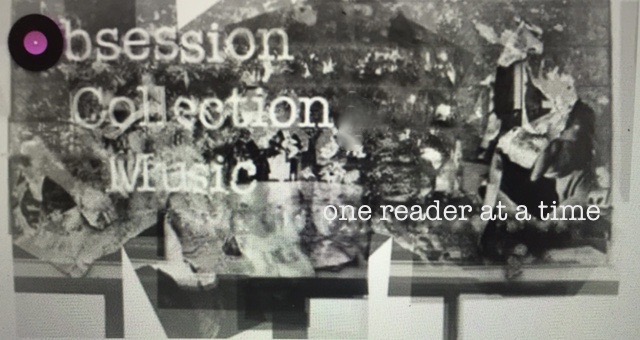I saw Adam Faucett live last month and bought his 2014 release Blind Water Finds Blind Water. Yes, I’m old school and like to support directly. Since 2006 with a little break, I’ve been writing about under-the-radar music. I’m late to Adam Faucett, he was just not on my radar but is now, thanks to a friend and musician I admire who treasures him. I am also from the east coast, and references to rock piles, sleeping Opossum, and old train lots are not common jargon for me, but each song speaks to me through the universality of love, breakup, hurt regret, and fine storytelling.
Adam Faucett has one of the greatest voices I’ve ever heard. His smooth high notes and diaphragm-defying fervent belts possess soul, grit, and beauty. Best of all, they are delivered with his Arkansas accent. Blending finger-picking on electric guitar with bass and drums. These contemplative songs are the perfect mix of Southern soul, rock and roll, and folk. The only track in a different direction is “Killer on Staten Island”; It is eerie, gorgeous, and highlights the piano.
His songwriting applies snippets of memory retrieved and blended into a poetic narrative with references to small-town America. Faucett weaves dreams, hopes, memories, and predictions as complicated expectations. A paragraph recited in full in the song "The Poet" inscribed by the local Oracle on the bar bathroom wall. Faucett cites the famous mystic to make themes realized in the song "Edgar Cayce" / your dreams have swallowed me whole /. And a descriptive narrative using the word (I remember) travels through the song "Opossum," imparting some folk wisdom; / all that truly love you / been traveling with you always / well I hope your right /.
I can feel the heartache and regrets and can smell the bar, and picture its dark, oppressive, dimly lit interior on the first track “Day Drinker” / Nobody / nowhere is gonna outdrink me / It’s so lonesome in the afternoon / when you’re the only one / with nothing to do /.
While vocals express longing in "Walking Home Late" / Walking home late /with you on my mind / because all that I have is you on my mind / the music simulates a pulse like a heartbeat stressing the aloneness of the moment. The instrumentation in “Melonie” is musically masculine, combining guitar, bass, and a persistent war-like drumbeat, emphasizing regrets about an affair that went wrong as he sings / Melonie I don’t want to hold hands / get killed by your ex-old man / but no more /. And the unintended fallout / We did / we did him wrong / he was our brother in song /.
I love the two songs about different Arkansas towns. "Benton” constructs the memories of youth re-visiting the old rockpile and reflects on the dreams left behind / the flowers walk away / from the grave of my young dreams / just easier that way / just easier that way /. While “Sparkman” is about a regretful longing through the prism of a man thinking he might regain a relationship that has gone terribly wrong.
Ending with “Rock Ain’t Gold’ where Faucett depicts the act of digging and searching to represent all dreams not actualized. / Struck gold now the sun won’t rise / been a digging for most of my life/ trade it all for a little bit of life / rich comes at the bottom of the mine /.
This music was a gift to me, like folklore passed along from one friend to another. In today’s music climate, people only hear parts of a whole my suggestion is to listen to the entire body of work and buy the whole damn thing.
Looking forward to his next record said to be released in 2017.
Adam Faucett – Guitar and Vocals
Jonny D – Bass
Will Boyd – Drums




